I love to see children reading books, I truly do believe they are such an important part of childhood. Books lay the foundation for a lifetime love of reading, learning and escaping into other worlds. I think it is so important for parents, carers and educators to help children develop an interest in the written word and literacy whenever they can.
Bedtime stories, lunchtime stories, teepee stories, lying on the grass stories….they are all magical and I love to read to children as well as watch them read in their own little voices and world.
Do you enjoy reading stories to your children or those you care for? It can be challenging sometimes I know – especially with squirmy toddlers who have a low tolerance for the whole sitting still thing (which is perfectly normal by the way!)
Reading to younger children has always been a passion of mine though and I have learnt many tips and strategies over my years working with toddlers and having now had twin toddlers of my own. If you have been avoiding storytime because it’s become a tad too stressful then why not try one of my ideas from the list below?
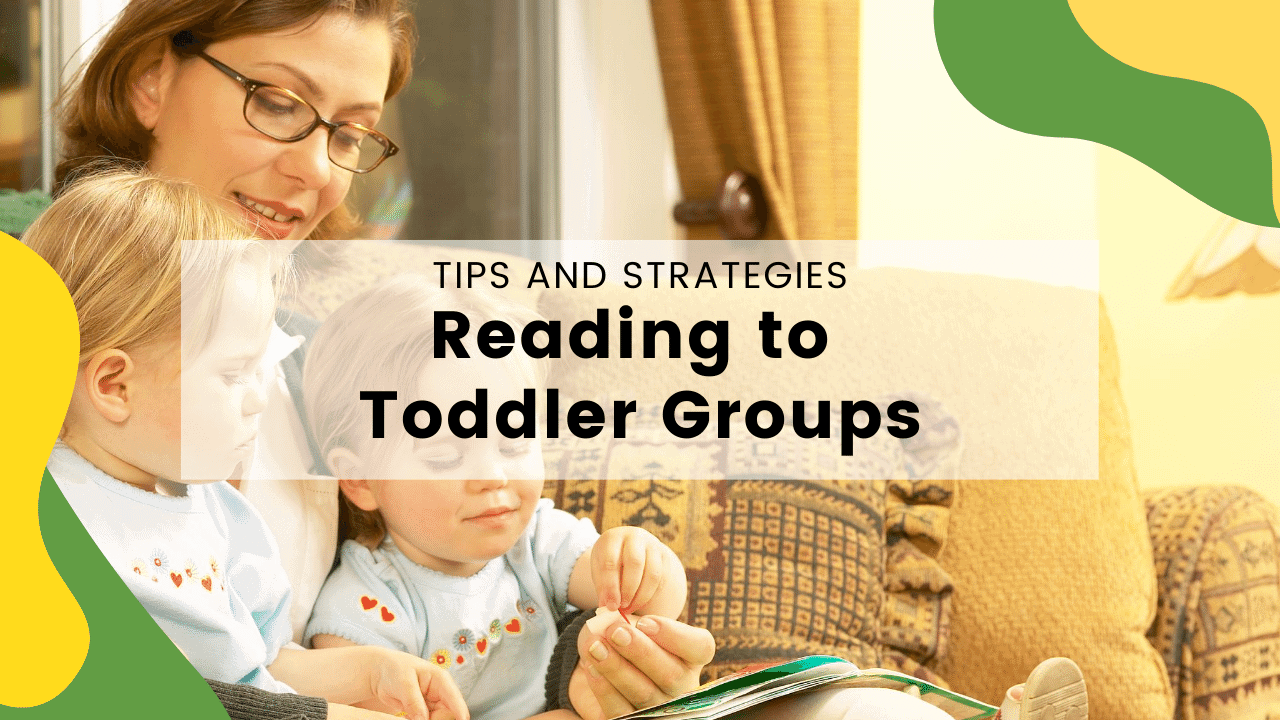
How to Keep Toddlers Engaged at Story Time
1. Keep it Short!
The toddler attention span only holds for a short space of time so choose books that have simple text and rhyme. Read for short periods of time but often throughout the day. Understand that at this age books will often be repetitive and favourites will need to be read over and over again (Where is the Green Sheep anyone??!)
Read slowly so your toddler can follow your voice, there won’t be many words so you can still keep it short, you don’t need to read fast just because they might run off at any moment!
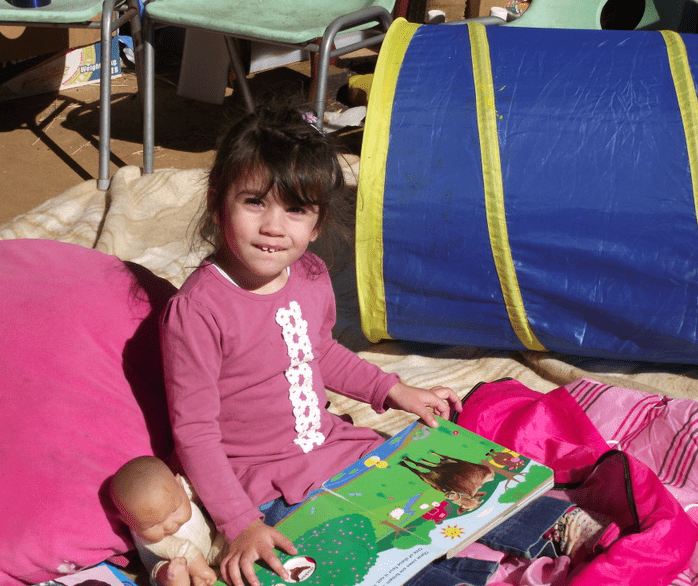
2. Keep it Engaging.
Interactive books are the best way to keep toddlers interested. Use Lift the Flap styles, ask questions about the bright pictures and characters, enjoy books with textures that encourage touching and talking. Ask them to name and describe things they see…just keep them communicating and interacting!
If they really aren’t showing an interest in stories then try using some simple interactive stories and games on the feltboard or hand or finger puppets to add interest to your book. Mix up the environment – take a basket of books outside under the trees, lie on the floor inside, pile into the cardboard box cubby…keep it interesting!
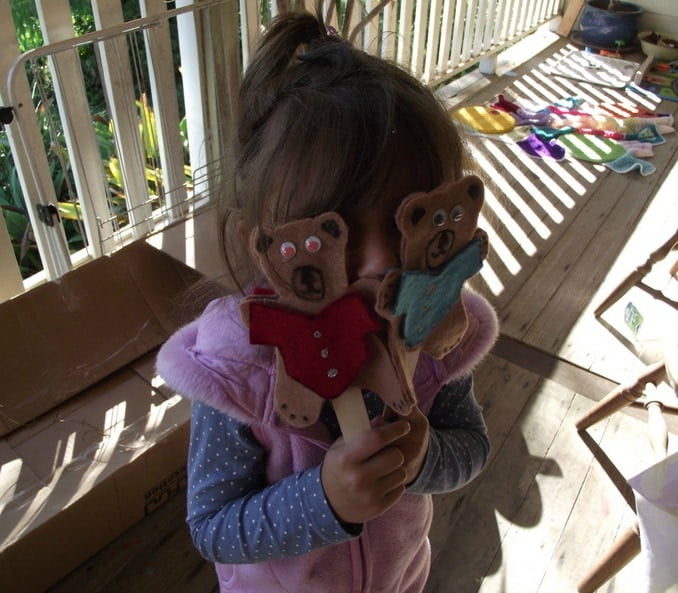
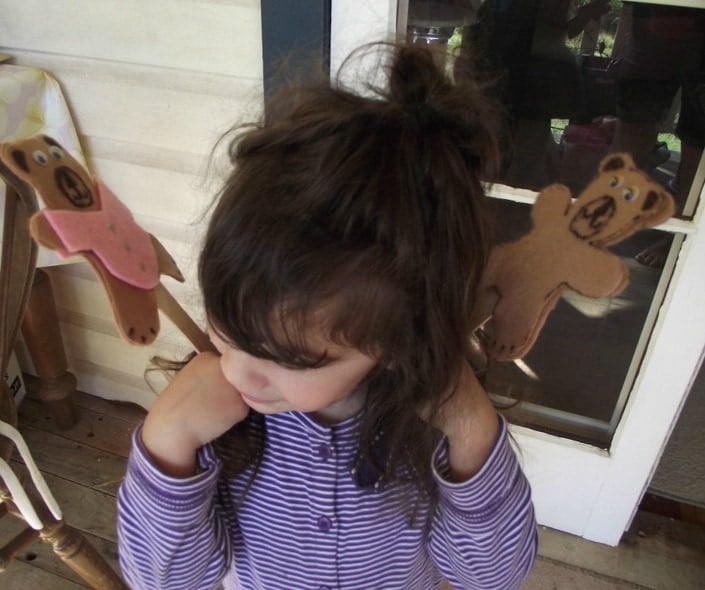
3. Use Your Voice.
Yes I know that sounds simple but how you read using your voice can really make the difference between engaging a toddler in active listening or having them walk off straight away!
Choose books that have a rhyme or repetition to them. Make the animal noises, speak differently for the little girl than you do for the Daddy or bear. Use your tone and volume to keep little people interested in and following your every word.
Let your voice rise and fall in line with the story. Act surprised, ask what they think will happen over the page, sigh, gasp, laugh…do it all. Yes you will look silly but trust me, a toddler doesn’t care much!
4. Work with their developmental stage.
Toddlers don’t like sitting still….they will for short periods but you really need to keep them engaged during that time. I’ve often seen educators or parents constantly stopping a story to say ‘sit down’. The rhythm of the story has been lost with all the interruptions. Wouldn’t it be better just to keep reading and try to get them to interact with the book as a way to draw them back in?
Let them move….they will wiggle, they will rock, they will squirm, they will lie down – It really doesn’t matter because you will no doubt find they are still listening. Try a few questions to see if you still have their attention, get them doing some large moves e.g can you jump like the kangaroo in the story? Can you lap milk like the cat? Let them make noise “Can you growl like the tiger in the zoo here” “What is the bear saying to the kids?”
I promise you will be a lot less stressed if you work with them rather than against them!
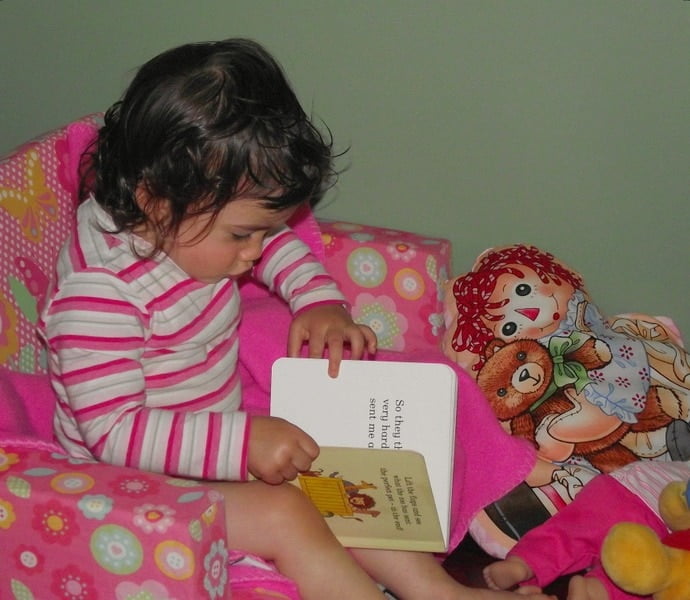
5. Keep books accessible…especially the favourites.

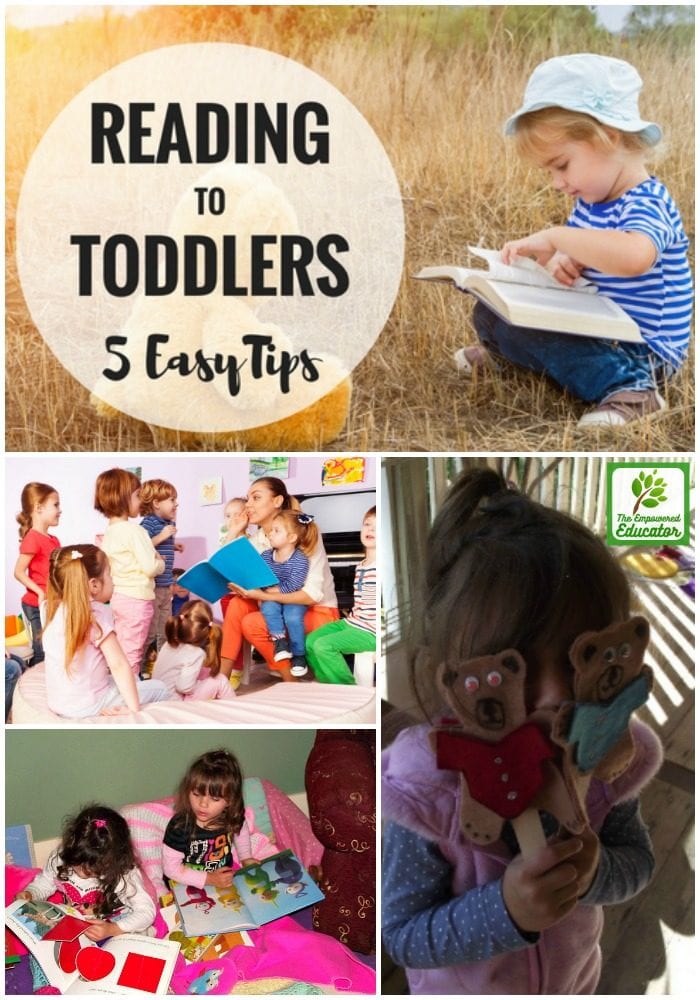
Want more ideas and inspiration from early childhood professionals across the world?
Join my Empowered Educator Community on Facebook today!
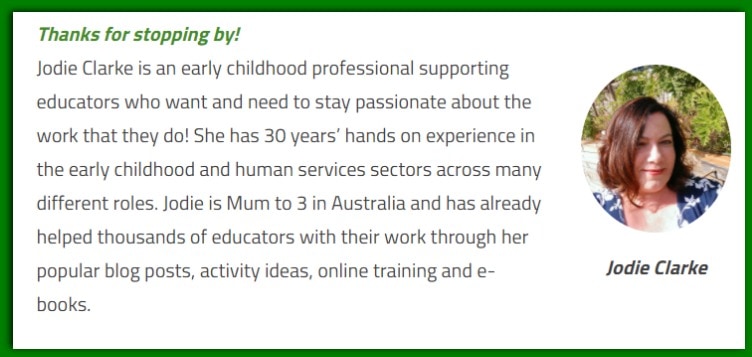
A Little About Me

Jodie Clarke is an early childhood professional supporting educators who want and need to stay passionate about the work they do! She has 30 years hands-on experience in the early childhood and human services sectors across many different roles.
Jodie is mum to 3 in Australia and has already helped thousands of educators with their work through her popular blog posts, activity ideas, online training and e-books.
Hello,
Thanks for your advice.
Do you follow themes when choosing story time books?
Do you select your books in advance?
What do you do if you procrastinate to out your story time together?
Sincerely,
Aaron
Hi Aaron, I don’t tend to follow themes with books but I do incorporate that if following on from a specific interest the children have shown or are currently excited about. I put out a selection of books for the children each week to choose from and yes I also tend to plan which ones I will read depending on group dynamics, days etc. I keep it short, interactive and use tone of voice and actions to keep them interested. Sitting on their level rather than up on a chair also helps too 🙂
Thankyou for this…Im doing a mystery reading for my son’s school and these tips will definateky come handy